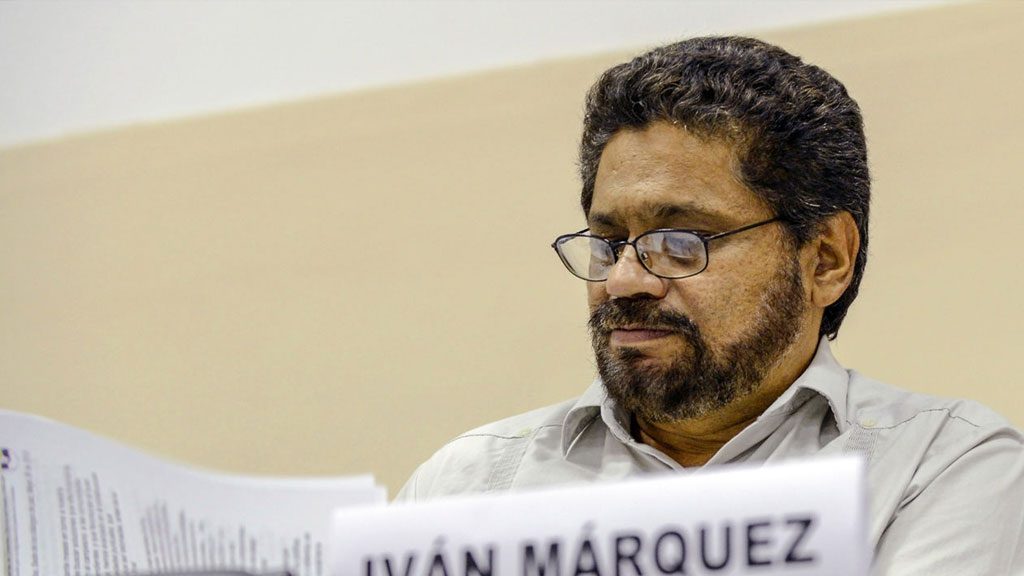Colombia’s largest rebel group, the FARC, warned Monday that a suspended peace process between the group and the government could result in reignited violence if a solution isn’t negotiated soon.
The FARC began its demobilization and disarmament process in late September after signing peace with the administration of President Juan Manuel Santos, but was stopped in its tracks by an October 2 referendum that rejected the deal with a razor-sharp margin.
Colombia didn’t really vote ‘No’ to peace, it mainly didn’t vote at all
Since then, Santos and the opposition forces that promoted the rejection have been negotiating changes to the deal that would allow it to be passed through congress without too much public resistance.
Meanwhile, the FARC leadership ordered its 6,600 guerrillas to assume defensive positions in order to prevent provocations by rival armed groups.
FARC leader Rodrigo Londoño, a.k.a. “Timochenko,” said last week the guerrillas were willing to “enrich” the deal, but rejected a substantial renegotiation on the deal to end 52 years of armed conflict.
Colombia peace deal can be ‘enriched, not renegotiated’: FARC leader
But, in an interview with US television news network Univision, the guerrillas’ chief negotiator “Ivan Marquez” said “renegotiating the accord is complex but we can analyze it.”
Marquez warned, however, that “we can not allow that this is dilated because we run the risk the peace process ends badly.”
According to the guerrilla negotiator, the FARC’s peace process “is in limbo … and if this process dies on us, this limbo can convert into hell,” referring to past failed processes that led to some of the conflict’s bloodiest episodes.
A 200-year history lesson to understand Colombia’s 52-year conflict
“That’s why we need to save this peace process,” said Marquez who has been negotiating peace for more than five years.
The guerrilla negotiator praised the president for reinstating a bilateral ceasefire that formally ended the moment peace was signed, “which to us indicates that the deal is fully valid.”
If the government is able to rally the opposition behind the peace deal through compromises, these compromises will then be presented to the FARC, which would then have to agree on which points are up for negotiation and which points are not.
The opposition is led by former President Alvaro Uribe, who has rejected the peace talks since they became public in 2012 and whose referendum campaign is in legal trouble for intentionally disinforming the public to win the vote.


